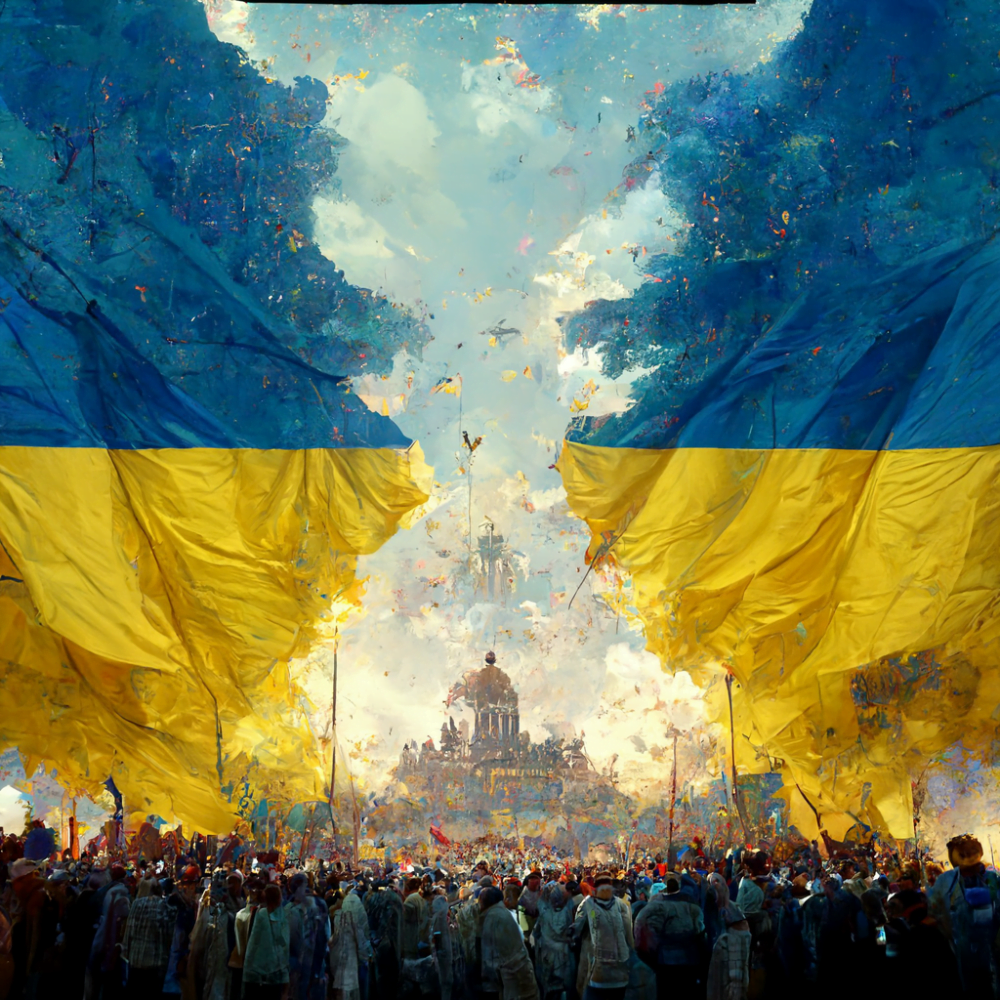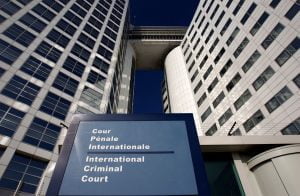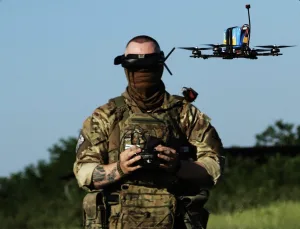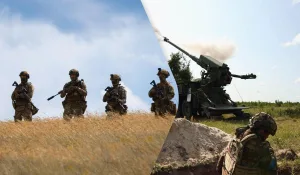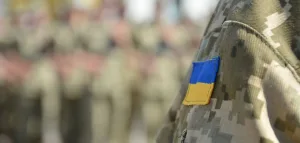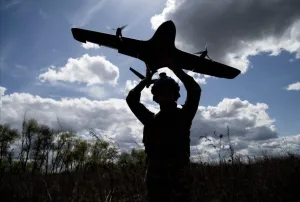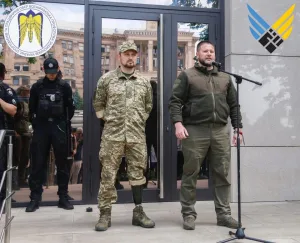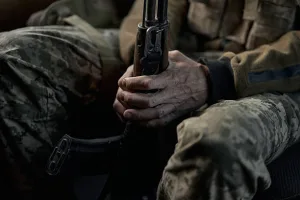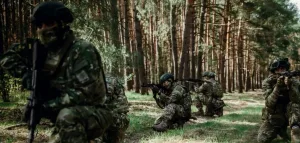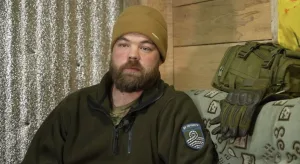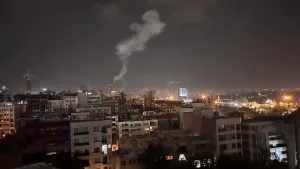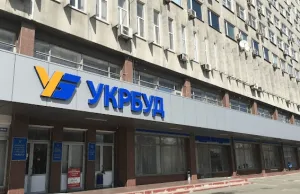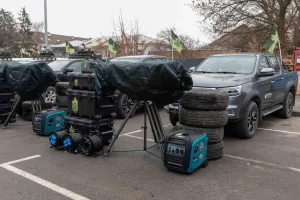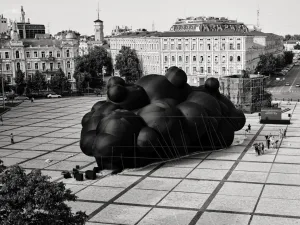[vc_row type=”color” padding_top=”0″ padding_bottom=”0″ border=”none” bg_type=”no_bg” parallax_style=”vcpb-default” bg_image_repeat=”repeat” bg_image_size=”cover” bg_img_attach=”scroll” parallax_sense=”30″ animation_direction=”left-animation” animation_repeat=”repeat” video_opts=”” viewport_vdo=”off” enable_controls=”off” bg_override=”0″ disable_on_mobile_img_parallax=”off” parallax_content_sense=”30″ fadeout_start_effect=”30″ overlay_pattern_opacity=”80″ overlay_pattern_attachment=”fixed” multi_color_overlay=”” multi_color_overlay_opacity=”60″ seperator_type=”none_seperator” seperator_position=”top_seperator” seperator_shape_size=”40″ seperator_svg_height=”60″ seperator_shape_background=”#ffffff” seperator_shape_border=”none” seperator_shape_border_width=”1″ icon_type=”no_icon” icon_size=”32″ icon_style=”none” icon_color_border=”#333333″ icon_border_size=”1″ icon_border_radius=”500″ icon_border_spacing=”50″ img_width=”48″ ult_hide_row_large_screen=”off” ult_hide_row_desktop=”off” ult_hide_row_tablet=”off” ult_hide_row_tablet_small=”off” ult_hide_row_mobile=”off” ult_hide_row_mobile_large=”off” bg_grad=”background: -webkit-gradient(linear, left top, left bottom, color-stop(0%, #E3E3E3));background: -moz-linear-gradient(top,#E3E3E3 0%);background: -webkit-linear-gradient(top,#E3E3E3 0%);background: -o-linear-gradient(top,#E3E3E3 0%);background: -ms-linear-gradient(top,#E3E3E3 0%);background: linear-gradient(top,#E3E3E3 0%);”][vc_column width=”3/4″][vc_custom_heading source=”post_title” font_container=”tag:h2|font_size:50|text_align:left|line_height:1″ google_fonts=”font_family:Roboto%20Condensed%3A300%2C300italic%2Cregular%2Citalic%2C700%2C700italic|font_style:400%20regular%3A400%3Anormal”][/vc_column][/vc_row][vc_row inner_container=”no” type=”color” padding_top=”0″ padding_bottom=”0″ border=”none” bg_type=”no_bg” parallax_style=”vcpb-default” bg_image_repeat=”repeat” bg_image_size=”cover” bg_img_attach=”scroll” parallax_sense=”30″ animation_direction=”left-animation” animation_repeat=”repeat” video_opts=”” viewport_vdo=”off” enable_controls=”off” bg_override=”0″ disable_on_mobile_img_parallax=”off” parallax_content_sense=”30″ fadeout_start_effect=”30″ overlay_pattern_opacity=”80″ overlay_pattern_attachment=”fixed” multi_color_overlay=”” multi_color_overlay_opacity=”60″ seperator_type=”none_seperator” seperator_position=”top_seperator” seperator_shape_size=”40″ seperator_svg_height=”60″ seperator_shape_background=”#ffffff” seperator_shape_border=”none” seperator_shape_border_width=”1″ icon_type=”no_icon” icon_size=”32″ icon_style=”none” icon_color_border=”#333333″ icon_border_size=”1″ icon_border_radius=”500″ icon_border_spacing=”50″ img_width=”48″ ult_hide_row_large_screen=”off” ult_hide_row_desktop=”off” ult_hide_row_tablet=”off” ult_hide_row_tablet_small=”off” ult_hide_row_mobile=”off” ult_hide_row_mobile_large=”off” bg_grad=”background: -webkit-gradient(linear, left top, left bottom, color-stop(0%, #E3E3E3));background: -moz-linear-gradient(top,#E3E3E3 0%);background: -webkit-linear-gradient(top,#E3E3E3 0%);background: -o-linear-gradient(top,#E3E3E3 0%);background: -ms-linear-gradient(top,#E3E3E3 0%);background: linear-gradient(top,#E3E3E3 0%);”][vc_column width=”1/4″][vc_column_text css=”.vc_custom_1456145837999{background-color: #dd3333 !important;}”]
OPINION
[/vc_column_text][/vc_column][vc_column width=”1/4″][vc_column_text]
February 22, 2016 | 14:25
[/vc_column_text][/vc_column][vc_column width=”1/4″][/vc_column][vc_column width=”1/4″ css=”.vc_custom_1440784160701{background-color: #ffffff !important;}”][vc_column_text]
[/vc_column_text][/vc_column][/vc_row][vc_row][vc_column][vc_column_text]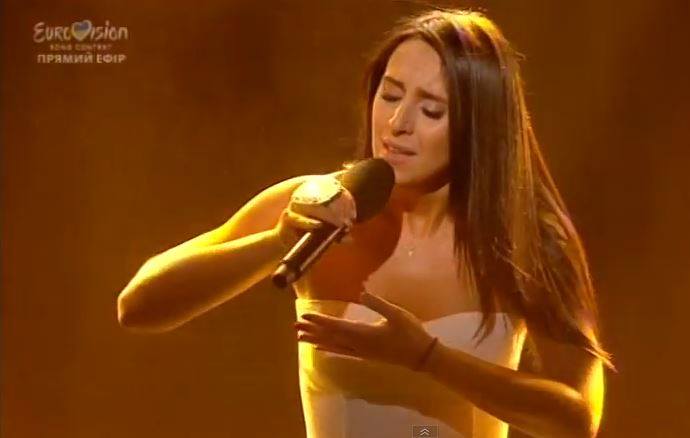 [/vc_column_text][vc_column_text]
[/vc_column_text][vc_column_text]
After last-year break caused by escalation of Russian aggression on its territory, Ukraine is coming back to the Eurovision Song Contest, hosted this year by Stockholm, with a powerful composition‘1944’ telling about tragic Soviet deportation of Crimean Tatars from Crimea in 1944.
Haunting and strong song of Crimean Tatar singer Susana Jamaladinova, who performs under the stage name Jamala, was chosen by majority of Ukrainian TV viewers yesterday at the national selection final.
“When strangers are coming… They come to your house, they kill you all and say ‘We’re not guilty’ ”.
Jamala’s composition is anything but a standard entertaining song of Eurovision format. This is a voice of Crimean Tatars, who again, after 70 years, have been exposed to Russian oppressionin Crimea. This is a voice of the whole Ukraine that has been suffering from Russian mean aggression on its territory. This is a plea to the whole world to live in peace and to be tolerant.
History repeated
‘1944’ was written by Jamala, inspired by the story of her grandmother Nazylkhanabout ethnic cleansing of 1944, when, by Stalin’s order, more than 230,000 people were forcibly deported from Crimea to Central Asia. This includes the entire ethnic Crimean Tatar population and smaller numbers of ethnic Greeks and Bulgarians. More than 100,000 of deportees died from starvation or disease as a result of deportation.The indigenous people were not allowed to return to Crimean until 1980s. Jamala’s family was also deported, and her grandmother lost one of her daughters during those events.
Although a tribute to the victims of 1944, the song suggests a parallel to the Crimean Tatars nowadays who have been suffering constant Russia’s repressions in Crimea since it was annexed in early 2014: Russian occupants ransack their houses, send them to prison, prohibit their books. “When strangers are coming… They come to your house, they kill you all and say, ‘We’re not guilty’”, Jamala’s song begins.
The refrain of the song is in Crimean Tatar language and means “I couldn’t spend my youth there because you took away my peace”. Hundreds of thousands Crimean Tatars were deprived of an opportunity to spend their youth in their homeland in 1944. Now, with the history repeated, hundreds of thousandsof Crimean Tatars and Ukrainians can no longer spend their youth either in Crimea or in eastern Ukraine due to Russian invasion.
[/vc_column_text][vc_video link=”https://www.youtube.com/watch?v=HtPHKrvlCVw&feature=youtu.be”][vc_column_text]
Message to the world
Although the song is very personal, Jamala emphasizes it is devoted to the whole world. “This song is related to a great number of people in different countries of the world. A lot of people suffered their own dreadful tragedies – repressions, deportations and genocide. And, unfortunately, people still need to learn how to live in peace and be tolerant”, Jamala says. “This is a very personal song for me, and I would like the message of this song to be heard by as many people as possible both in our country and outside”, she adds. This is what this year Eurovision Song Contest is all about for Ukraine – to tell its story, as it is, without manipulations of Russian propaganda, to remind the world people continue to die and suffer in Putin’s war. And Ukraine couldn’t have chosen a better representative – a Crimean Tatar girl with a powerful voice, a representative of unique people, who don’t want their ‘soul to be swallowed’.
[/vc_column_text][vc_column_text]
Aleksandra Demskaya, EMPR
[/vc_column_text][/vc_column][/vc_row]

